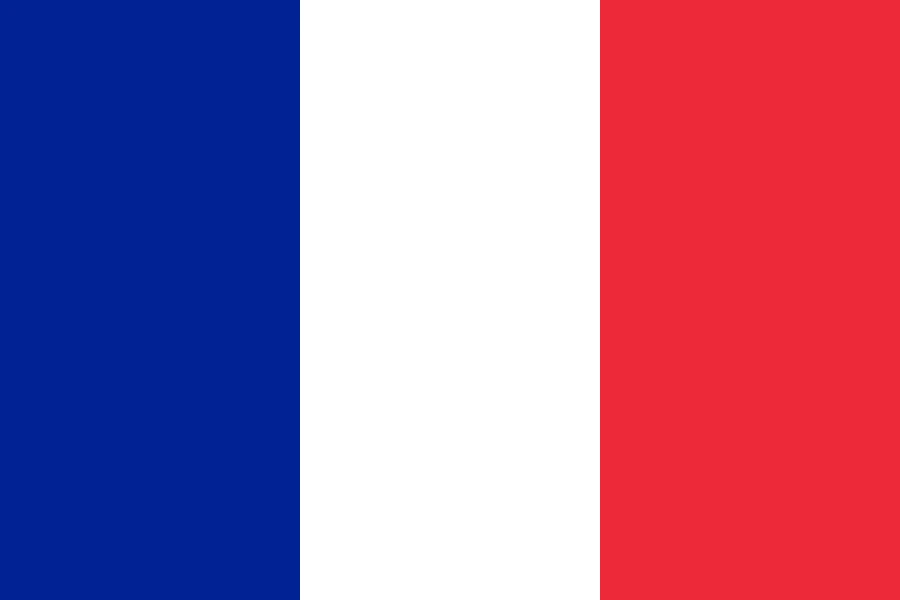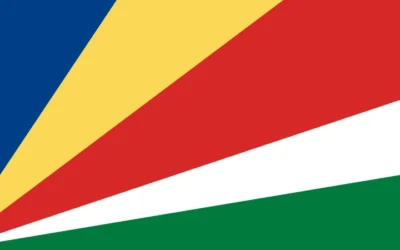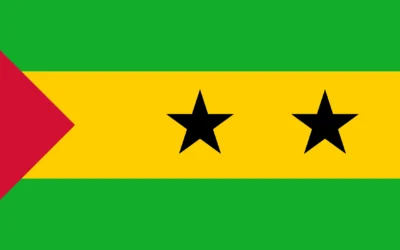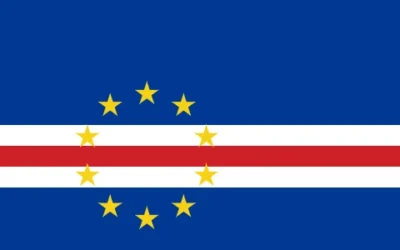Mayotte Travel Guide
Discover Why You Should Visit Mayotte
Why Visit Mayotte?
Mayotte, a French overseas department in the Indian Ocean between Madagascar and Mozambique, offers a unique blend of African, Malagasy, and French influences. Known for its stunning lagoons, coral reefs, and diverse marine life, Mayotte is an off-the-beaten-path destination ideal for nature lovers and cultural explorers.
With its rich biodiversity and tranquil beaches, Mayotte is a paradise for diving, snorkeling, and observing sea turtles in their natural habitat.
Ideal for: Marine enthusiasts, eco-travelers, Francophone explorers, and those seeking a tropical escape away from the crowds.
Must-Know Facts
Capital/Major City: Mamoudzou
Language(s): French (official), Shimaore and Kibushi (local languages)
Currency: Euro (EUR)
Best Time to Visit: May to November (dry season with mild temperatures)
Fun Fact: Mayotte is surrounded by one of the largest enclosed lagoons in the world, protected by a barrier reef
Top Things to Do
Snorkel or dive in the coral-rich waters of the lagoon to observe sea turtles, dolphins, and manta rays
Visit the Saziley Peninsula and its turtle nesting beaches
Explore Mount Choungui for panoramic views of the island
Discover local culture in the markets of Mamoudzou and Dzaoudzi
Take a boat trip to witness whale migrations (July to October)
Local Culture & Lifestyle
Mayotte’s culture is a rich blend of African, Malagasy, and Islamic traditions, shaped by centuries of migration and French influence. Islam plays a central role in daily life, with customs observed widely throughout the island.
Music, dance, and storytelling are integral to social gatherings, and local crafts such as weaving and embroidery are cherished cultural expressions.
Community and family life are strong, and hospitality is a valued tradition among the Mahorais people.
Food & Drink Highlights
Street Food: Grilled meats, cassava fritters, spicy brochettes, rice and lentil dishes
Restaurants: Serve a fusion of French and local island cuisine, often featuring seafood and coconut-based sauces
Drinks: Fruit juices, tamarind drinks, coconut milk, and French wines or rum
Desserts: Banana fritters, coconut cakes, and sweetened cassava dishes
Main Dish & Culinary Symbols
Signature Dish: Mataba (cassava leaves cooked with coconut milk and spices, often served with fish)
Common Ingredients: Coconut, cassava, plantains, fish, rice, ginger, cloves
Culinary Culture: Meals are family-centered and influenced by island ingredients, with French culinary touches in sauces and preparation
Symbols & Icons of the Area
Natural Icons: Barrier reef, Mount Choungui, lush rainforests, mangroves
Cultural Icons: Baobab trees, traditional boats (pirogues), colorful fabrics, Islamic architecture
Hidden Gems & Off-the-Beaten-Path
Moya Beach for secluded beauty and dramatic rock formations
The islet of Bandrele for cultural immersion and peaceful surroundings
Lake Dziani on Petite-Terre, a volcanic crater lake with a vivid green hue
Shopping & Souvenirs
What to Buy: Handwoven baskets, colorful khanga fabric, vanilla, local spices, artisan jewelry
Where to Shop: Mamoudzou’s central market, small village boutiques, and local co-ops
Getting Around
Public Transport: Minibuses (taxi-brousses) available but limited outside main areas
Car Rentals: Best option for exploring both Grande-Terre and Petite-Terre
Ferries: Regular ferry service between the main islands
Walkability: Good in towns and for nature trails, but hilly terrain in places
Travel Tips
French is essential; few locals speak English
Dress modestly, especially in rural and religious areas
Tap water is generally safe in urban areas, but bottled water is recommended for visitors
Bring reef-safe sunscreen and insect repellent for coastal and forest visits
Where to Stay
Budget: Guesthouses and modest hotels in Mamoudzou and nearby villages
Mid-range: Comfortable lodges with lagoon views and Creole hospitality
Luxury: Boutique resorts on the coast, with diving and eco-tourism packages
Unique: Eco-lodges and traditional Mahorais bungalows for cultural immersion
Sample 4-Day Itinerary
Day 1: Arrive in Mamoudzou, explore the markets, and enjoy Creole cuisine
Day 2: Snorkel in the lagoon, relax on beaches, and visit Saziley Peninsula
Day 3: Hike Mount Choungui and explore inland villages and spice gardens
Day 4: Visit Lake Dziani on Petite-Terre and enjoy a sunset boat tour






0 Comments